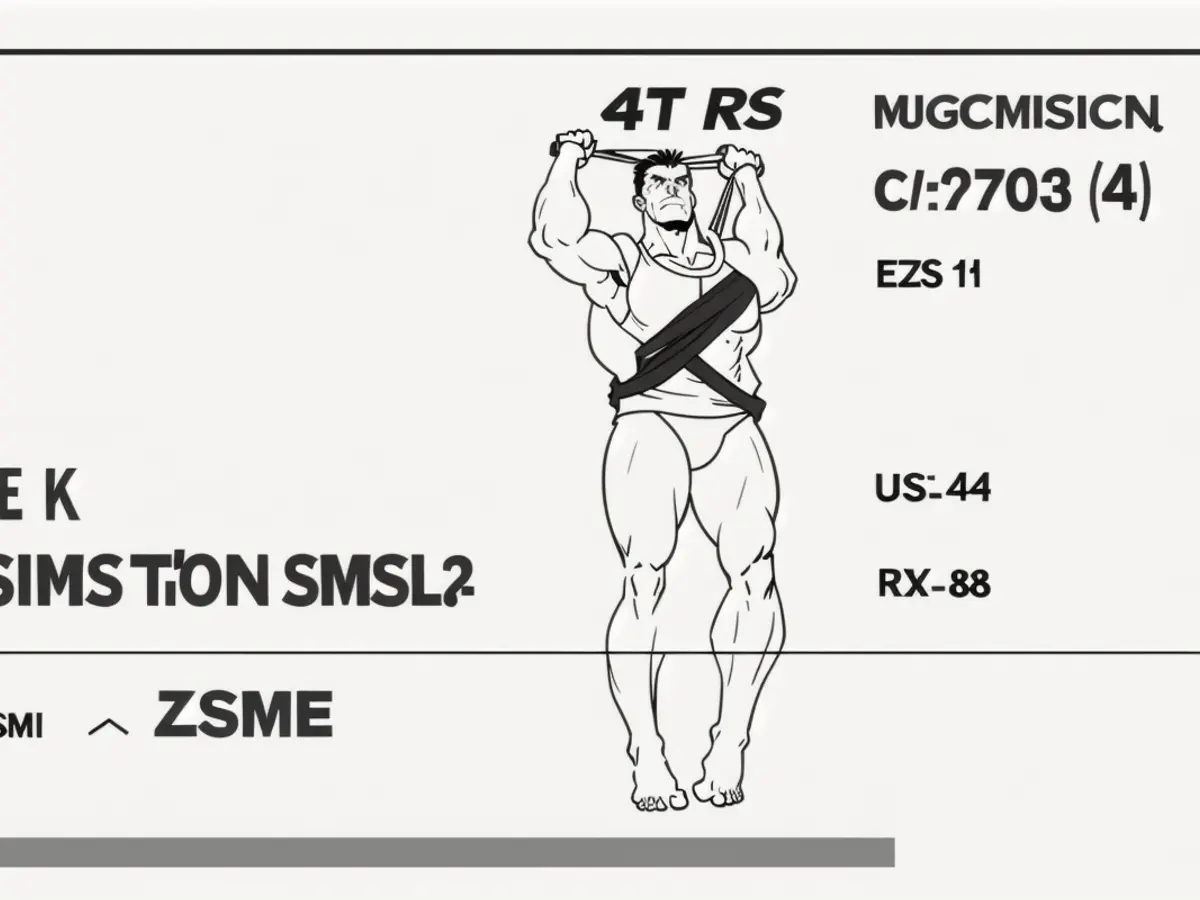Title: Weighing Your Options: CL vs. KMB Stocks
Titled: "Colgate-Palmolive Stands Out Over Kimberly-Clark: A Closer Look"
We believe that Colgate-Palmolive stock (NYSE: CL) surpasses its industry peer, Kimberly-Clark stock (NYSE: KMB), in terms of value and growth potential. Let's delve into the reasons why CL outshines KMB in the coming years.
Both Stocks on a Subpar Trajectory
Both Colgate-Palmolive and Kimberly-Clark have struggled to keep pace with broader market indices. CL's shares have rested around $85, barely fluctuating from an initial $80 in early 2021. Meanwhile, KMB's shares follow a similar trend, hovering between $115 and $125 since 2021. This pales in comparison to the S&P 500's impressive rise of approximately 55% over the same period.
Although both CL and KMB have underperformed the index, it's worth noting that Trefis' High Quality Portfolio has managed to significantly outperform the S&P 500 in the past 4 years. By focusing on stocks with better returns and less risk, the HQ Portfolio offers a steadier path to growth.
Revenue Growth and Profitability
Colgate-Palmolive's revenue growth has outpaced Kimberly-Clark's:
- Colgate-Palmolive's revenues have grown by an average annual rate of 5.7%, surging from $16.5 billion in 2020 to $19.5 billion in 2023.
- Kimberly-Clark's average revenue growth rate, on the other hand, clocks in at 2.2%, expanding from $19.1 billion to $20.4 billion during this period.
Colgate-Palmolive's revenue segments, Oral, Personal, & Home Care, and Hill’s Pet Nutrition, account for 78% and 22% of its total sales in 2023. The Pet Nutrition segment has been a major growth driver for the company, boosted by price realization and improved performance yesterday.

Kimberly-Clark’s revenue growth is largely driven by pricing gains, but volume growth has been sluggish in recent times. The company's primary focus is on manufacturing paper-based consumer products, encompassing sanitary paper products and surgical & medical instruments.
Operating Margin and Financials
Colgate-Palmolive's operating margin slipped from 23.5% in 2020 to 21% in 2023, while Kimberly-Clark's operating margin dropped from 16.9% to 14.7% in the same period. However, in the last twelve months, Colgate-Palmolive's operating margin sits at 21.8%, outperforming Kimberly-Clark's 17.1%.
From a financial risk standpoint, Colgate-Palmolive exhibits a stronger position with just 12% debt as a proportion of equity against Kimberly-Clark's 18%. Furthermore, Colgate-Palmolive boasts a slightly higher cash cushion (7%) as a percentage of assets compared to Kimberly-Clark (6%), signifying a better financial position.
The Final Verdict
In conclusion, Colgate-Palmolive's better revenue growth, superior profitability, and stronger financial position render it an advisable pick over Kimberly-Clark. As we venture into the future, Colgate-Palmolive promises to continue benefiting from pricing and volume gains, although a strengthening dollar could pose a potential risk.
Valuation Considerations
At its current share price of $87, Colgate-Palmolive is trading at a 3.7x trailing revenues, aligning with its average P/S ratio over the last five years. In contrast, Kimberly-Clark's stock, trading around $125, is close to 2.1x trailing revenues, matching its average P/S ratio since 2018. With forecasted sales growth for Colgate-Palmolive projected to trend higher, CL seems like the more enticing investment choice for the subsequent three years. In comparison, Kimberly-Clark's sales growth is forecast to remain flat, with only slight recoveries expected in the following two years, attributed to restrained growth in volume and pricing, partly offset by ongoing forex headwinds.
Given the analysis, it can be observed that Colgate-Palmolive's ['cl revenue'] has been growing more significantly than Kimberly-Clark's ['kmb revenue']. Consequently, Colgate-Palmolive's ['cl valuation'] based on its P/S ratio is also higher than Kimberly-Clark's ['kmb valuation'], potentially making Colgate-Palmolive a more attractive investment option. This is in line with the belief that Colgate-Palmolive's ['cl stock'] outperforms Kimberly-Clark's ['kmb stock'] in terms of value and growth potential.




